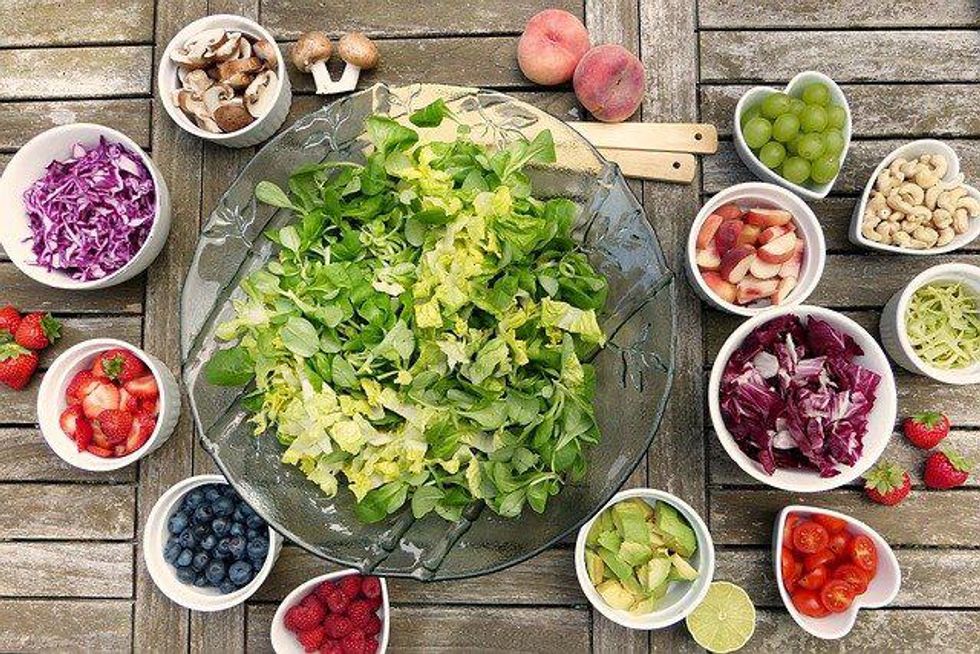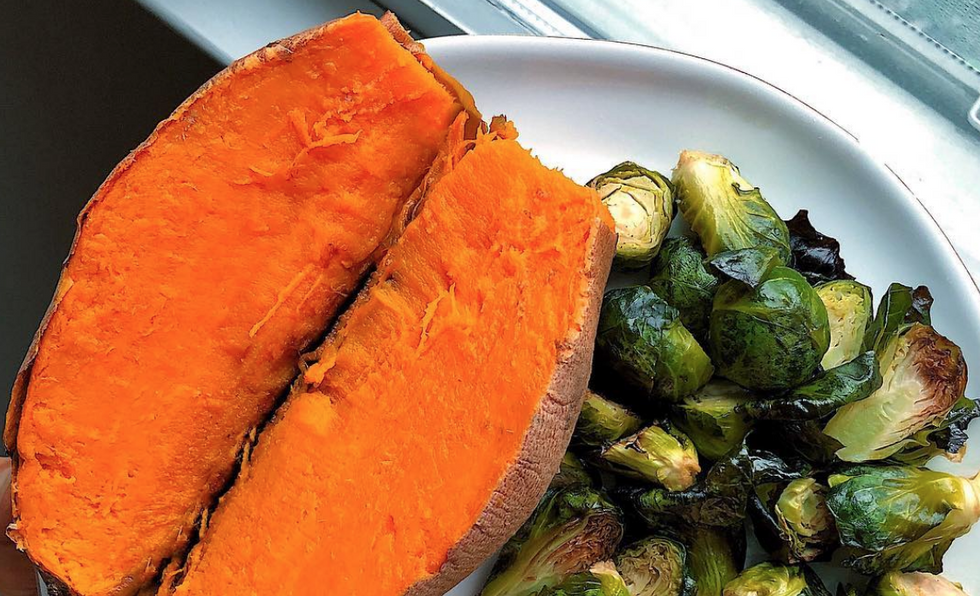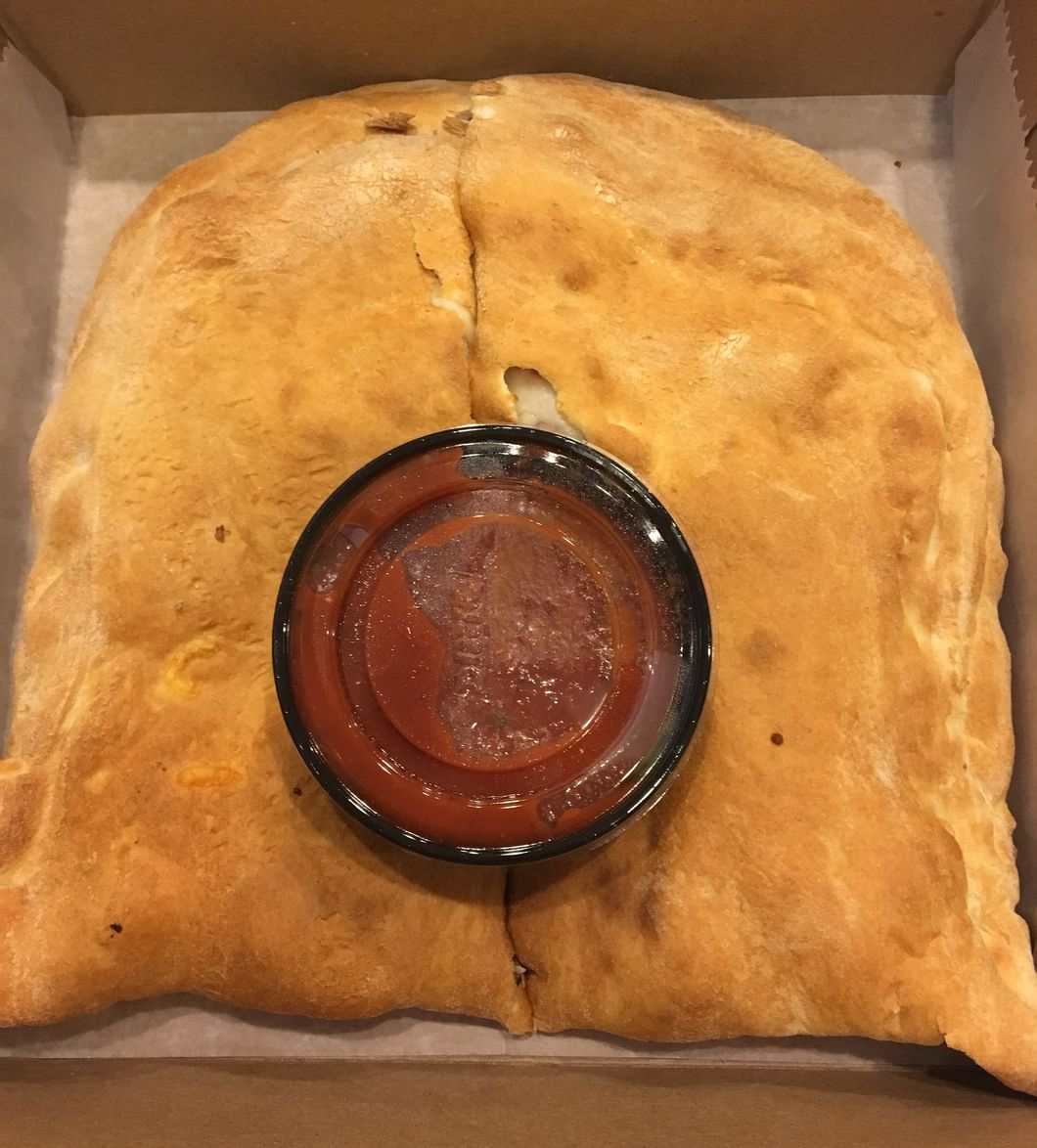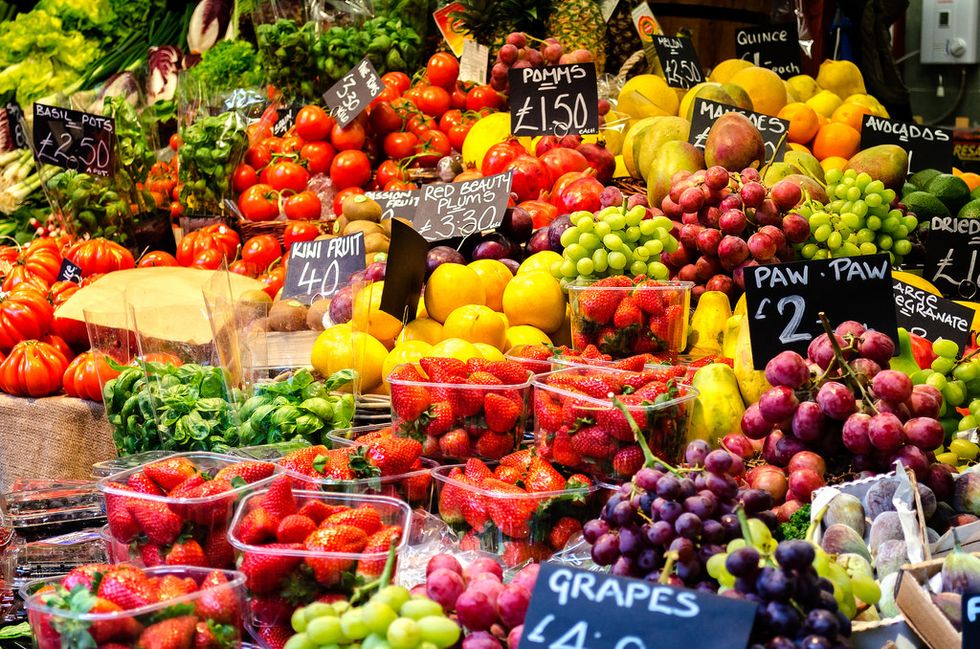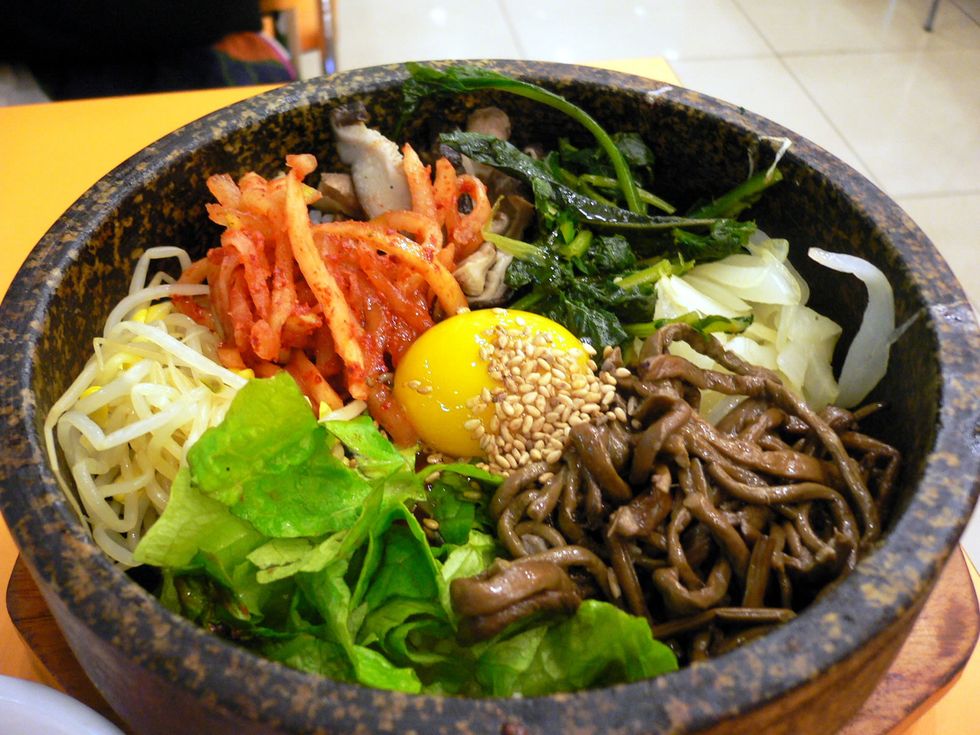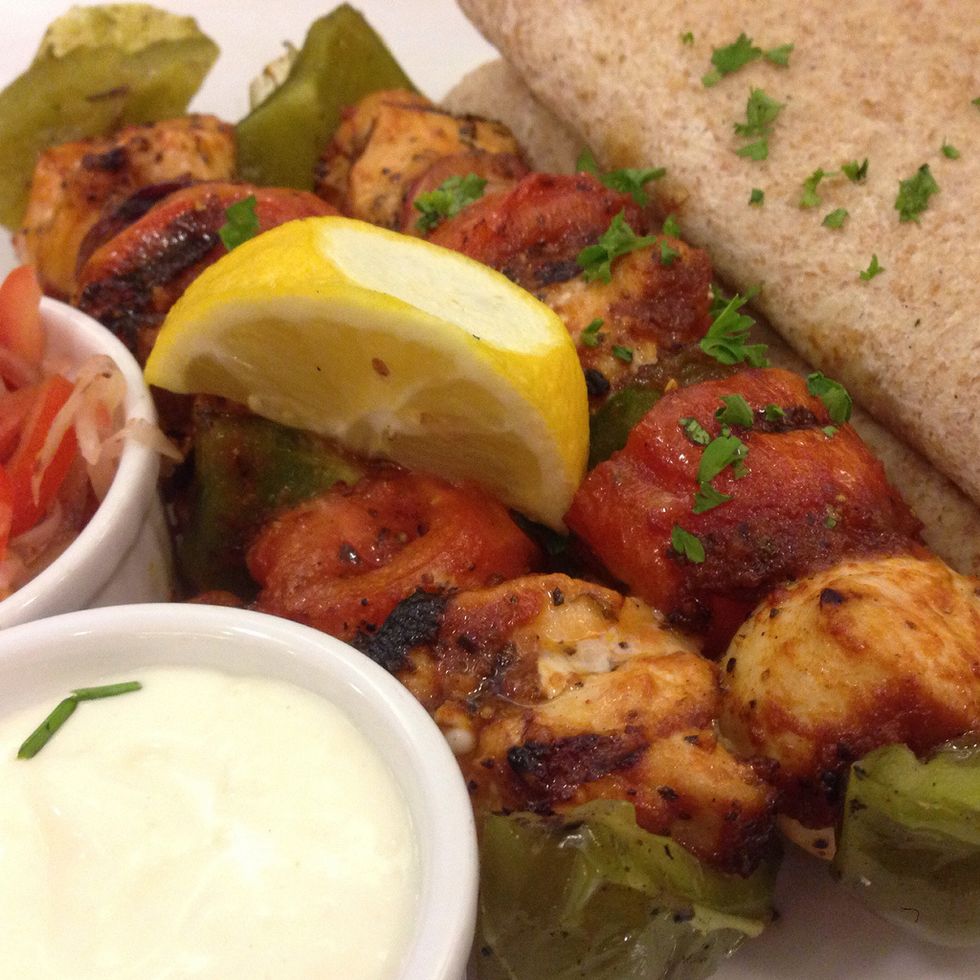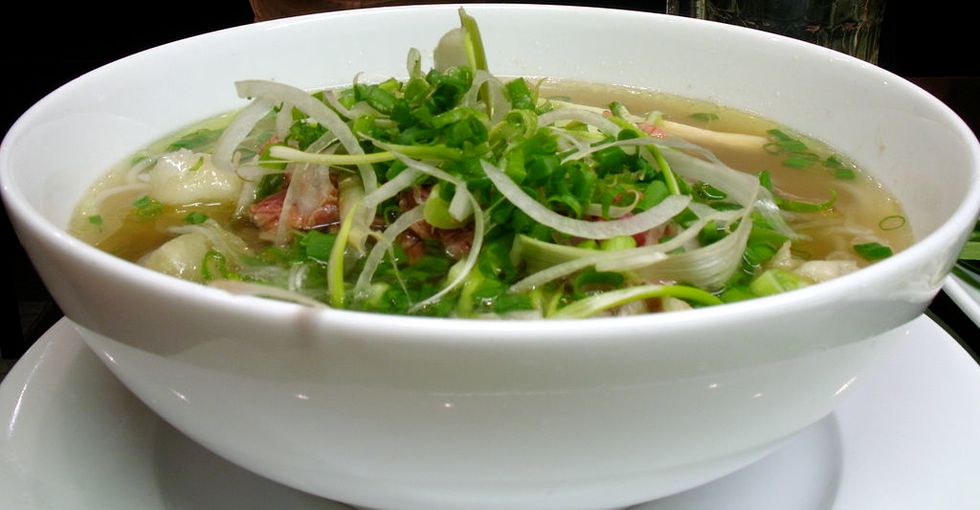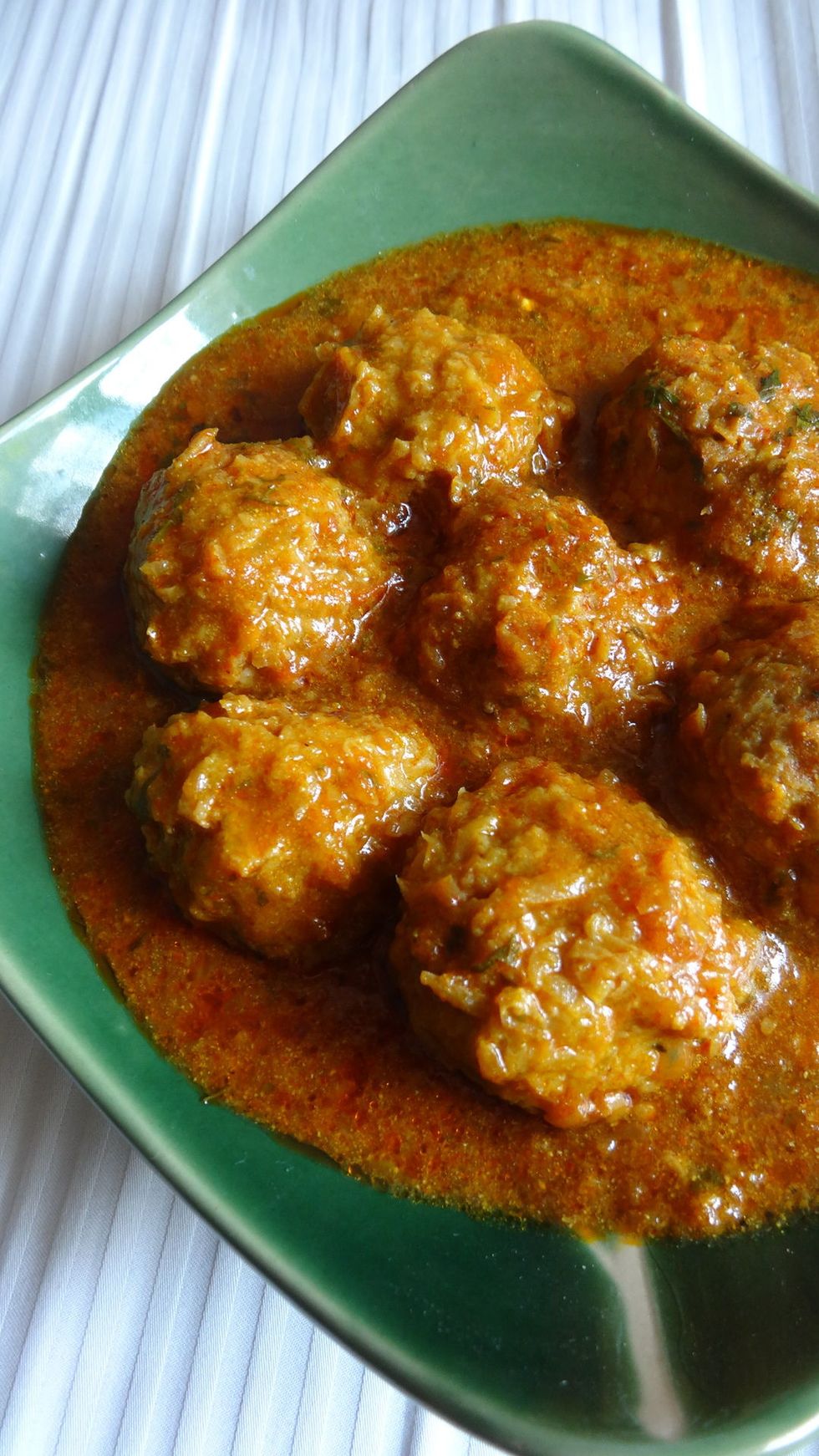Diabetes is a metabolic disorder characterized by hyperglycemia (high blood sugar level). Due to high blood sugar level numerous complications may occur such as eye complications (retinopathy), kidney problems (nephropathy), heart and vascular diseases, diabetic foot etc. Diet is an essential part of optimal management of diabetes and blood sugar control. Without proper planning of diet, blood sugar control and prevention of diabetes complications may be very difficult.
If you are a vegetarian, it is important for you to plan well regarding your diet, if you are a diabetic. Planning a vegetarian diet for diabetes is more difficult than planning a diet for non-vegetarian individual. A diabetic person should emphasize on eating whole foods (whole grain cereals, fresh fruits, vegetables etc.) and avoid refined/processed foods as well as fast foods.
Consider planning your vegetarian diet the following way.
Whole grains:
Whatever may be your staple food, always consume whole grains/cereals (corn/maize, brown rice, bread made of whole wheat, which contain the entire seed kernel, which includes the bran, germ and endosperm). Whole grains provide complex carbohydrates (which take much longer time to digest and absorb), good amount of protein (6% to 8%), vitamins, minerals and fiber. Avoid taking refined grains, which may be costlier and contain lesser nutrients. Whole grains have lower glycemic index in compare to refined grains.
Vegetables and Fruits:
American Diabetes Association (ADA) recommends vegetables fruits should constitute 50% of total food consumption by diabetic individuals. You should be careful in selecting vegetables and fruits. Eat certain vegetables (such as potato, beans, carrots, beetroot etc.) in limited quantity and eat most vegetables in liberal quantity. Common vegetables to be taken by diabetics include leafy vegetables (green and colored leafy vegetables), cauliflower, brinjal/eggplant, gourds, okra, radish, broccoli, asparagus etc.
Fruits to be consumed in limited quantity are watermelon, pineapple, papaya etc. because they have higher glycemic index.
All other fruits can be consumed in adequate amount.Nuts and seeds:
Nuts and seeds are rich in healthy unsaturated fats (omega-3 fatty acid called alpha-linolenic acid), which help in preventing heart diseases. Nuts and seeds also contain protein and carbohydrates. Keep nuts and seeds in your daily diet. Examples include walnuts, almonds, flax seeds, pumpkin seeds, groundnuts, peanuts, cashew nuts etc.
Legumes:
These are important sources of protein for vegetarians. Eating only whole grains may not provide all the essential amino acids (they can not be synthesized by human body and must be supplied in diet) we need and vegetarians need to diversify protein sources, e.g. eating one type of whole grain (e.g. rice or wheat) and legumes. Examples of legumes include beans (including soybeans), lentils, peas etc. Soy foods such as tofu, soy milk, soy yogurt etc. can be consumed.

